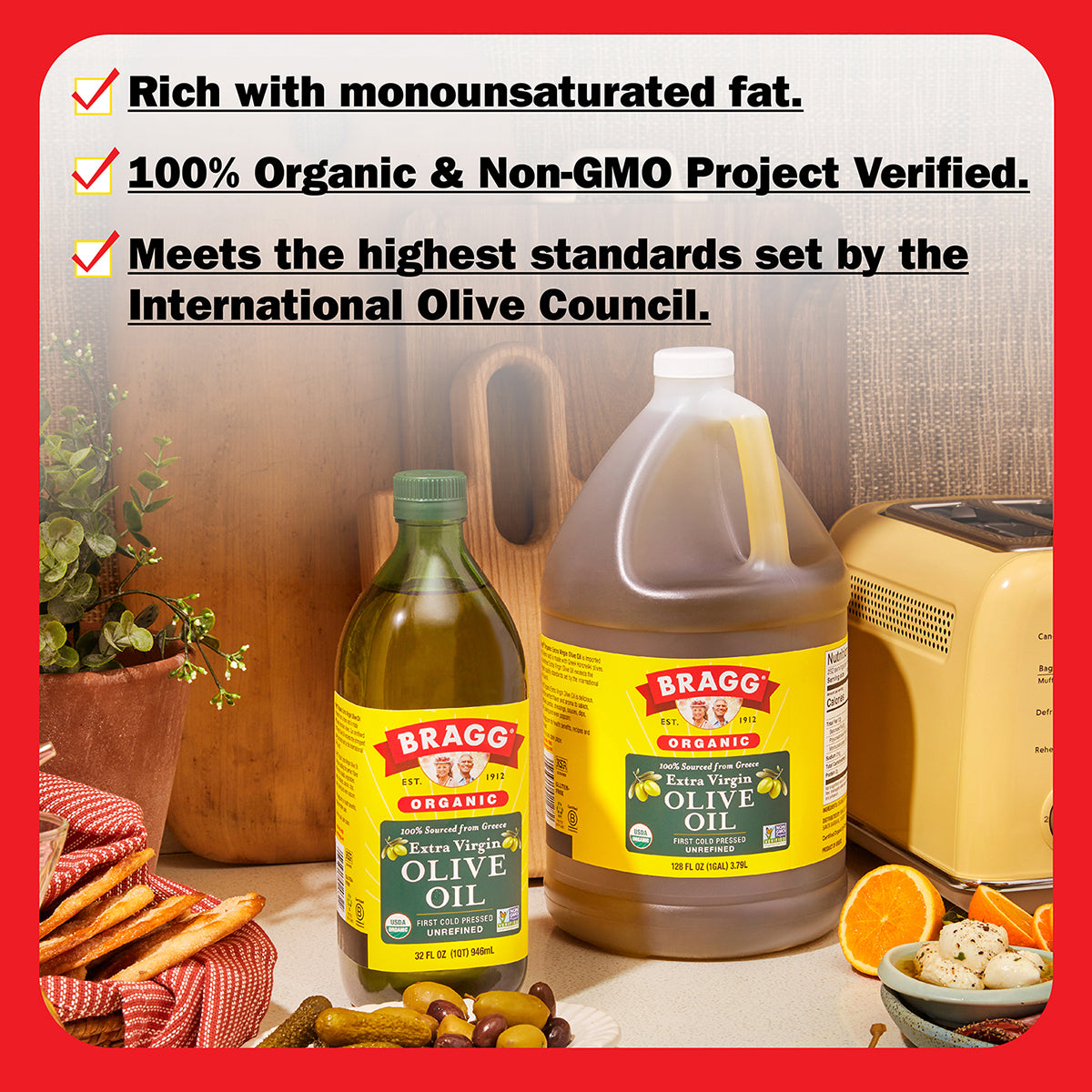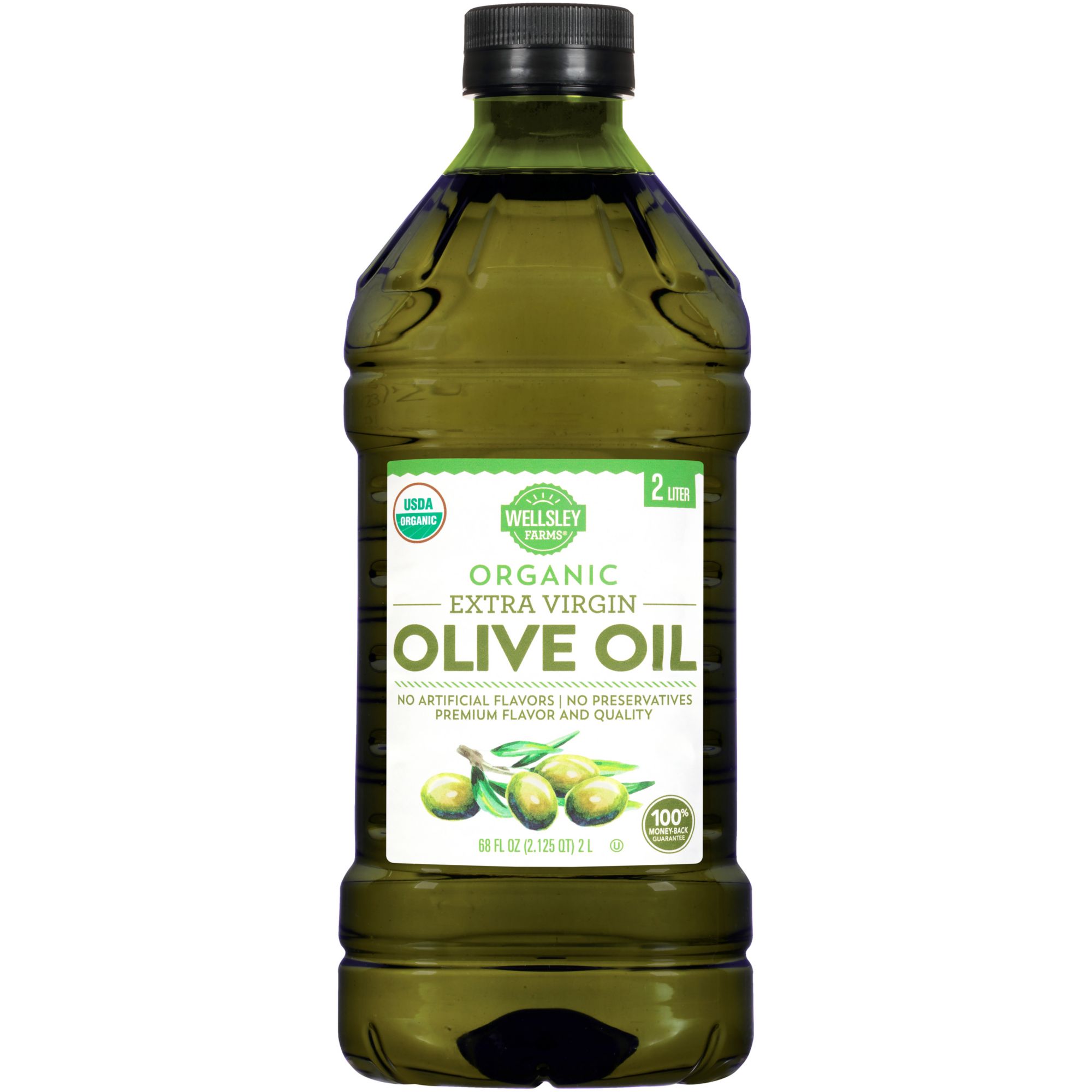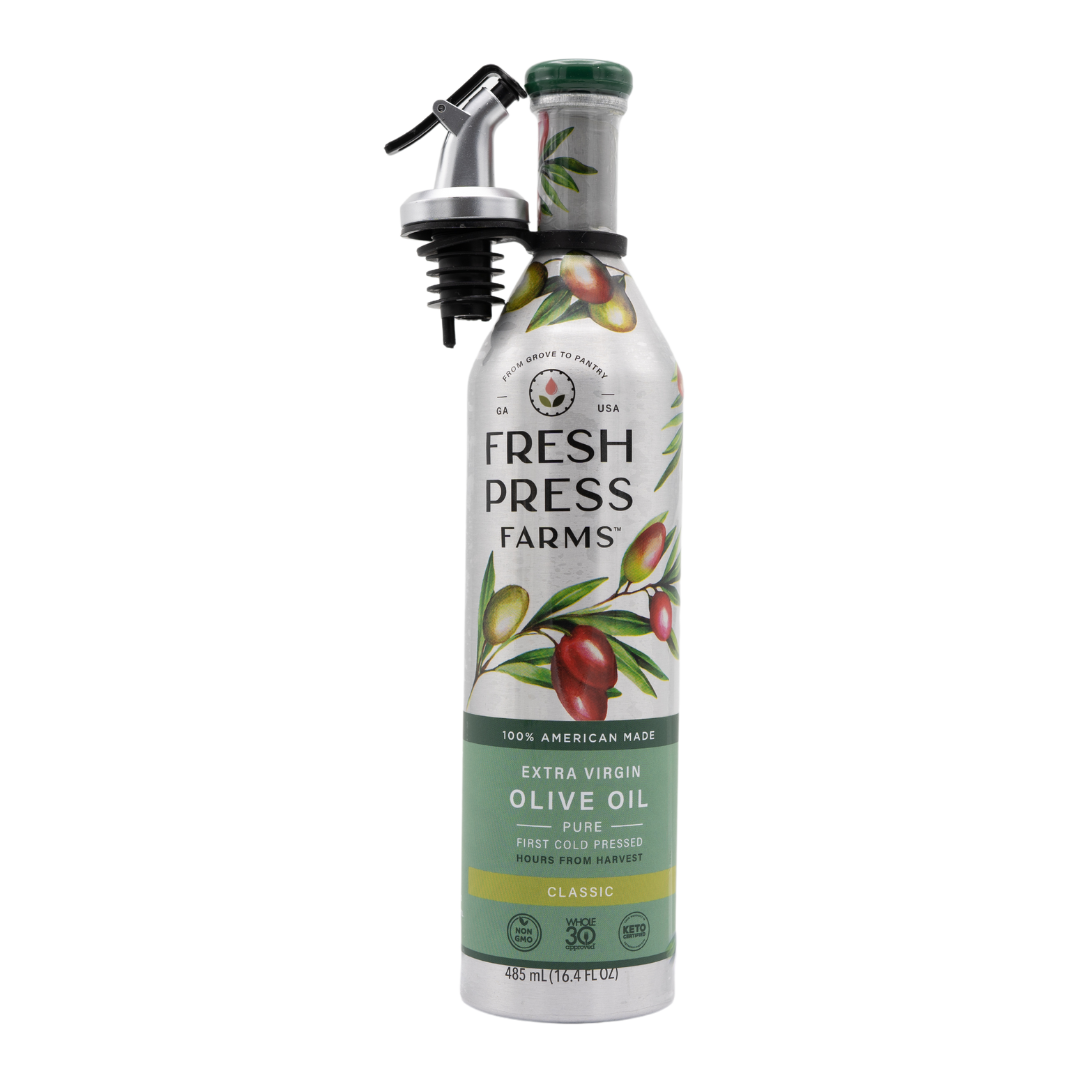Extra Virgin Olive Oil Benefits: The Secret to Healthier Hair and Nails
Extra Virgin Olive Oil Benefits: The Secret to Healthier Hair and Nails
Blog Article
Exploring the Various Kinds Of Olive Oil and Their Usages, Consisting Of Bonus Virgin Olive Oil
The exploration of olive oil incorporates a diverse array of types, each offering distinct tastes and cooking applications. Bonus virgin olive oil, renowned for its premium quality and wellness benefits, offers as a staple in many kitchens, yet it is only one element of this diverse ingredient.
What Is Olive Oil?
Acquired from the fruit of the olive tree, olive oil is a staple in Mediterranean food and a key component in numerous cooking applications. This versatile oil is generated by pushing entire olives, resulting in a liquid that differs in taste, color, and scent relying on the kind of olives made use of, the region of growing, and the removal process. Olive oil is mostly composed of monounsaturated fats, specifically oleic acid, which is understood for its potential health advantages, including anti-inflammatory buildings and cardiovascular assistance.
Along with its culinary usages, olive oil has a lengthy history of application in conventional medication and skincare, owing to its rich antioxidant material (extra virgin olive oil benefits). The oil is typically made use of in dressings, sauces, and for cooking techniques such as sautéing and roasting. Its unique taste account can improve the taste of various dishes, making it an essential active ingredient for both home cooks and professional chefs
In addition, olive oil is commemorated for its role in the Mediterranean diet regimen, which is connected with many wellness benefits. As awareness of these benefits expands, olive oil proceeds to gain popularity worldwide as an essential component of a healthy and balanced way of life.
Sorts Of Olive Oil
Recognizing the different types of olive oil is vital for both cooking enthusiasts and health-conscious consumers. Olive oil is classified primarily based on its extraction method and top quality, which considerably affects its taste, fragrance, and wellness benefits.

Light olive oil, despite its name, refers to a lighter taste and not lower calories. It is perfect for those looking for a more subtle taste in dressings and marinates. Additionally, there are flavorful olive oils infused with natural herbs, flavors, or citrus, which can boost meals without the demand for added spices.
Each type of olive oil serves details culinary purposes, and recognizing these distinctions enables customers to make enlightened choices that straighten with their food preparation designs and health and wellness goals.
Bonus Virgin Olive Oil
Bonus virgin olive oil (EVOO) is commonly concerned as the highest possible top quality olive oil available, well known for its rich flavor and various health advantages. To be classified as added virgin, the oil has to be generated from fresh olives making use of mechanical processes, without making use of solvents or extreme heat. This careful method maintains the oil's natural flavors, antioxidants, and healthy fats, leading to an item with a reduced acidity degree of less than 0.8%.
EVOO is abundant in monounsaturated fats, especially oleic acid, which is linked to reduced swelling and boosted heart health. It likewise includes polyphenols, powerful anti-oxidants that might offer protective effects versus persistent conditions. The taste profile of EVOO can differ substantially depending upon the olive selection and region of manufacturing, varying from grassy and fruity to robust and sharp.

Culinary Utilizes of Olive Oil

In food preparation, olive oil can be utilized for sautéing, toasting, and grilling, offering a much healthier choice to butter or various other fats. Its high smoke factor makes it suitable for different cooking approaches, while its antioxidants have a peek at this website add to a heart-healthy diet. Showering olive oil over ended up dishes, such as pasta, fish, or barbequed vegetables, can boost flavors and add a Check Out Your URL touch of beauty.
Additionally, olive oil plays a significant duty in cooking, where it can replace conventional fats in recipes for bread and pastries, presenting dampness and a subtle taste. It likewise functions as a base for infused oils, permitting cooks to experiment with flavors such as garlic, herbs, or chili, further increasing its culinary capacity. Overall, olive oil's adaptability makes it important in both home and specialist kitchen areas.
Finding Quality Olive Oil
When picking top quality olive oil, it's vital to take into consideration a number of vital aspects that influence the item's taste, fragrance, and wellness advantages. Opt for added virgin olive oil (EVOO), which is acquired from the very first cold pushing of olives and includes the highest degrees of antioxidants and helpful substances. Seek oils that are accredited by acknowledged companies, as this commonly ensures adherence to stringent high quality requirements.
The packaging additionally plays a substantial role in preserving the oil's honesty. Choose oils saved in dark glass containers or tins to safeguard versus light degradation. Take notice of the harvest day; fresher oils offer premium taste and dietary value, so select products that are within 18 months of their harvest.
Be mindful of the taste; a great high quality olive oil need to have an equilibrium of fruity, bitter, and sharp notes, suggesting its richness and complexity. By assessing these variables, you can ensure you are choosing the finest olive oil for your cooking demands.
Conclusion
In recap, the expedition of different types of olive oil exposes distinctive characteristics and applications, with additional virgin olive oil standing for the peak of quality due to its low level of acidity you could try these out and high antioxidant material. Understanding the various varieties of olive oil permits for educated choices in food preparation methods, advertising healthier methods while improving the total gastronomic experience.
Derived from the fruit of the olive tree, olive oil is a staple in Mediterranean food and an essential active ingredient in different cooking applications.The most usual types of olive oil consist of refined olive oil, pure olive oil, and light olive oil.Extra virgin olive oil (EVOO) is widely regarded as the greatest high quality olive oil available, celebrated for its abundant flavor and numerous health and wellness benefits. Decide for additional virgin olive oil (EVOO), which is obtained from the very first chilly pressing of olives and consists of the greatest degrees of anti-oxidants and useful substances.In summary, the expedition of different types of olive oil exposes unique qualities and applications, with extra virgin olive oil standing for the peak of top quality due to its low level of acidity and high antioxidant content.
Report this page